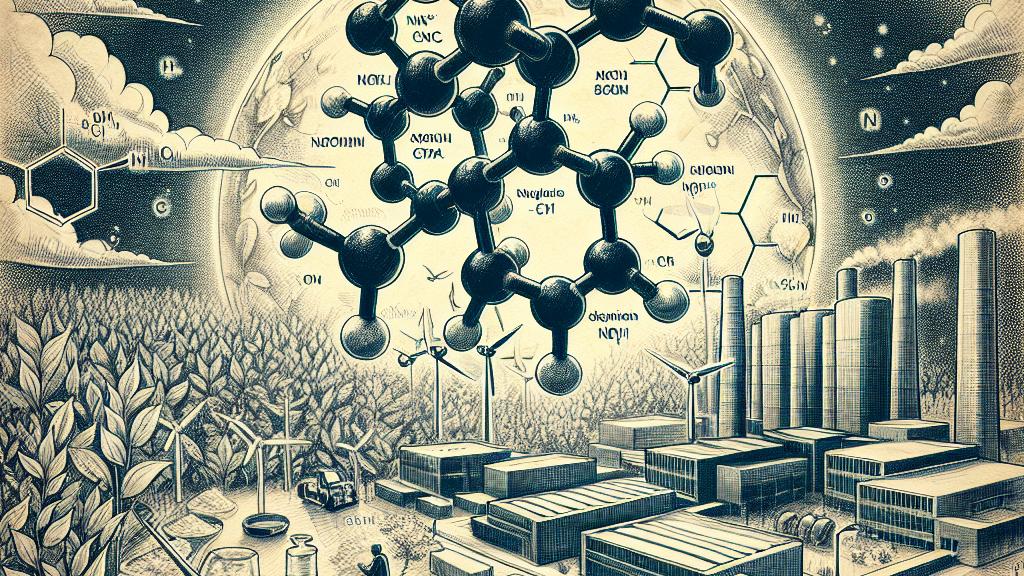Unlocking Lignin: A Sustainable Future for Industrial Chemicals
Overview
- Groundbreaking discoveries at North Carolina State University reveal lignin's potential as a green resource for industrial applications.
- Using advanced CRISPR technology, scientists create poplar trees specifically designed for enhanced microbial degradation.
- Optimizing lignin's methoxy content significantly improves fermentation processes, paving the way for eco-friendly chemical production.

The Significance of Lignin in Sustainable Chemistry
In the heart of North Carolina, a team of visionary researchers at North Carolina State University is redefining our understanding of lignin—a complex and essential polymer that provides structural support to trees. Lignin is abundant in nature, but its robustness poses challenges in transforming it into industrial chemicals. This innovative study highlighted the crucial role of methoxy groups within lignin; these groups dictate how effectively microbial processes can break down the wood. By unveiling these molecular secrets, the researchers set the stage for a sustainable shift, allowing us to tap into trees as eco-friendly alternatives to petroleum-based resources. Imagine a future where industry relies on nature, significantly decreasing environmental impact while meeting chemical demands!
Transformative Genetic Engineering in Poplar Trees
Enter the realm of CRISPR technology, a revolutionary tool that allows scientists like Robert Kelly and Jack Wang to reimagine the genetic landscape of poplar trees. These trees, known for their rapid growth and resilience, are being meticulously engineered to optimize their lignin properties for enhanced degradation. Consider this: by reducing the lignin methoxy content, these genetically modified poplars become prime candidates for conversion into valuable products. In laboratory tests, certain thermophilic bacteria thrive in the presence of these altered trees, effectively digesting their cellulose and thus increasing the yield of desirable chemicals like acetone and hydrogen. Such innovative approaches not only promise to improve the efficiency of chemical production but also to establish poplar trees as sustainable resources thriving even on marginal lands!
Implications and Future Prospects for Sustainable Chemical Production
The implications of this research are profound, suggesting a bright future for sustainable manufacturing. By harnessing the power of these genetically modified poplar trees, industries could produce essential chemicals with significantly lower environmental footprints. If successful in real-world applications, this technology offers the potential for companies to transition away from fossil fuels, embracing a greener way of conducting business. The pursuit of eco-friendly practices becomes not just an added benefit but a necessity. As researchers continue to explore innovative methods to improve microbial fermentation processes, we stand on the brink of a remarkable transformation—one that could inspire industries worldwide to adopt sustainable practices, benefiting both our planet and future generations.

Loading...